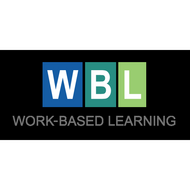Oregon Work-Based Learning
At the federal and state level there is agreement: work-based learning is a critical bridge that connects the classroom to the world of work and helps learners make informed decisions about their educational and career goals.
In work-based learning programs, learners can get the experience employers are seeking and gain the skills and credentials they need to enter and succeed in their careers. Work-based learning experiences are beneficial for all students, but can be particularly important to students who have been marginalized by the color of their skin, their native language, their zip code, their identity, or the circumstances of their family. The access to social networks and connections that work-based learning provides to learners has the potential to open doors and opportunities that are not available through classroom education alone.
32
members
|
5
affiliated resources
Join this group
























